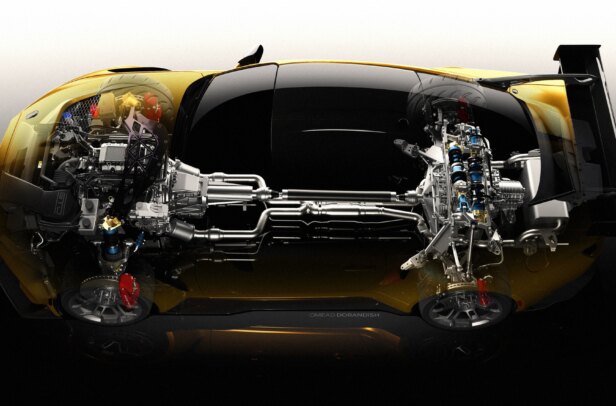With the announcement that Ford plans for its Mustang to remain piston-powered even beyond the life of the upcoming, seventh-generation S650, Ford fans have plenty of reasons to be excited for the future of the iconic Pony Car.
This includes a homologation version of the new Dark Horse that Ford hopes will make the Mustang competitive with the likes of Porsche and Ferrari at Le Mans.
But there is one piece of news that will be sure to cause some furrowed brows for prospective S650 owners, particularly those hoping to tweak their new purchase in the way the lord intended.
Ed Krenz, the Mustang’s chief engineer, told Ford Authority that the new model will be “much more difficult” to tune than previous models.
The culprit? The Mustang’s encrypted electrical system is programmed to shut down if it detects any third-party interference. This feature is primarily a cybersecurity measure to prevent hacking, as Ford Authority explains:
“Krenz explained that the seventh-generation Mustang uses the automaker’s new Fully Networked Vehicle (FNV) electrical architecture, which brings various benefits like over-the-air updates and much-needed cybersecurity to the iconic pony car, but it also largely locks down the vehicle from being tuned as well.
“FoMoCo’s FNV electrical architecture has long been expected to make life more difficult for third party tuners in general, though that’s simply a byproduct of the automaker’s attempts to keep user data – and their vehicles – safe from ever-growing hacking threats.
“Ford remains open to collaborating with tuners looking to modify vehicles like the S650 and this doesn’t prevent it from offering performance enhancement or tunes…as it has been doing via Ford Performance.”
Our fingers are crossed that the aftermarket finds a solution, ensuring that one of the final V8-powered muscle cars in production can be modified and improved for years to come.





Comments